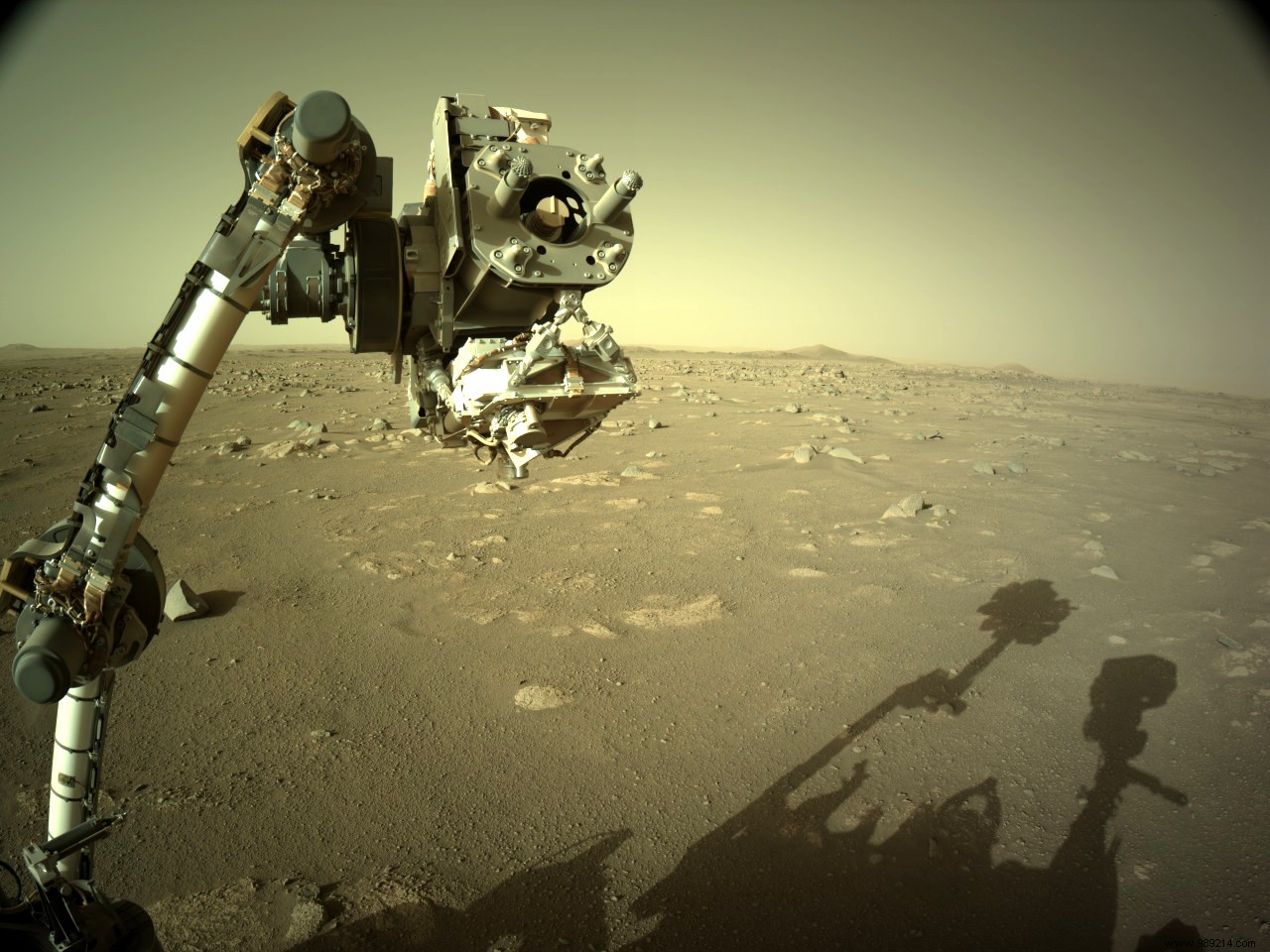China's rapid ascent in space exploration, including its growing partnership with Russia, underscores the need for the United States to explore bilateral collaboration.
The United States remains the undisputed leader in space exploration. Yet China is steadily advancing its ambitious program with remarkable achievements.
In 2020, China made history by landing a rover on the far side of the Moon. Recently, it returned the first lunar samples in over 40 years, achieved Mars landing success, and launched the core module of its Tiangong space station. By late 2023, the station will expand to host more astronauts, potentially including international partners from the West.
These milestones, planned since 2016, reflect China's accelerated progress after years in the mid-tier space nations. Today, China stands as a major force in space.
The momentum continues: Like NASA and SpaceX, China eyes deep space with crewed missions. Its pact with Russia for a lunar research base and plans for a manned Mars mission by 2033 highlight this ambition.

China's progress could reshape U.S. space goals, but experts argue it's time for the U.S. to find common ground.
Current barriers, like the Wolf Amendment—passed in a 2011 law and prohibiting NASA from using federal funds for direct bilateral work with China—make cooperation challenging. Should these restrictions ease?
John Logsdon, professor emeritus at George Washington University's Elliott School of International Affairs, advocates starting with diplomatic and scientific channels, as he shared with Scientific American.
History shows rivals can collaborate: Amid Cold War tensions, the U.S. and USSR built the International Space Station (ISS), operational for over 20 years with joint crews.
Mutual benefits abound. U.S. researchers could access Chang'e-5 lunar samples via non-NASA funding, separating projects as required.
China's Mars sample return, aligning with NASA's Perseverance timeline, opens doors for reciprocal sample sharing.

The U.S. must lead: China's independent path stems from these restrictions. As Brown University's Jim Head told Scientific American, "If we sit down and bury our heads in the sand, they will continue. They won't wait for us." Beijing seeks global recognition but can proceed alone.